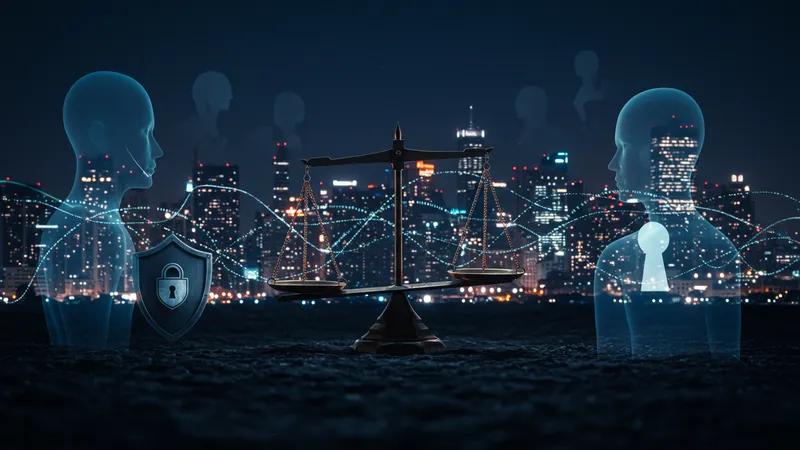
The Importance Of Cybersecurity In The Digital Age
The Ethical Dilemma of Cyber Surveillance
Cyber surveillance, intended to protect, has sparked intense ethical debates. While some argue it’s essential for national security, others claim it infringes on personal privacy, igniting calls for regulatory scrutiny.

Mass surveillance initiatives, though claimed crucial for preempting cyber threats, are often criticized for overreach. Transparency and accountability become paramount in ensuring these practices don’t violate fundamental human rights.
The evolving dialogue implies an urgent need for balance—ensuring national security without compromising individual freedoms. Amidst growing public concern, governments must redefine acceptable surveillance levels to build trust.
From the dark web to public forums, the contentious interplay between surveillance and privacy sparks ongoing global conversations. Is there a feasible solution that satisfies both security needs and privacy rights?